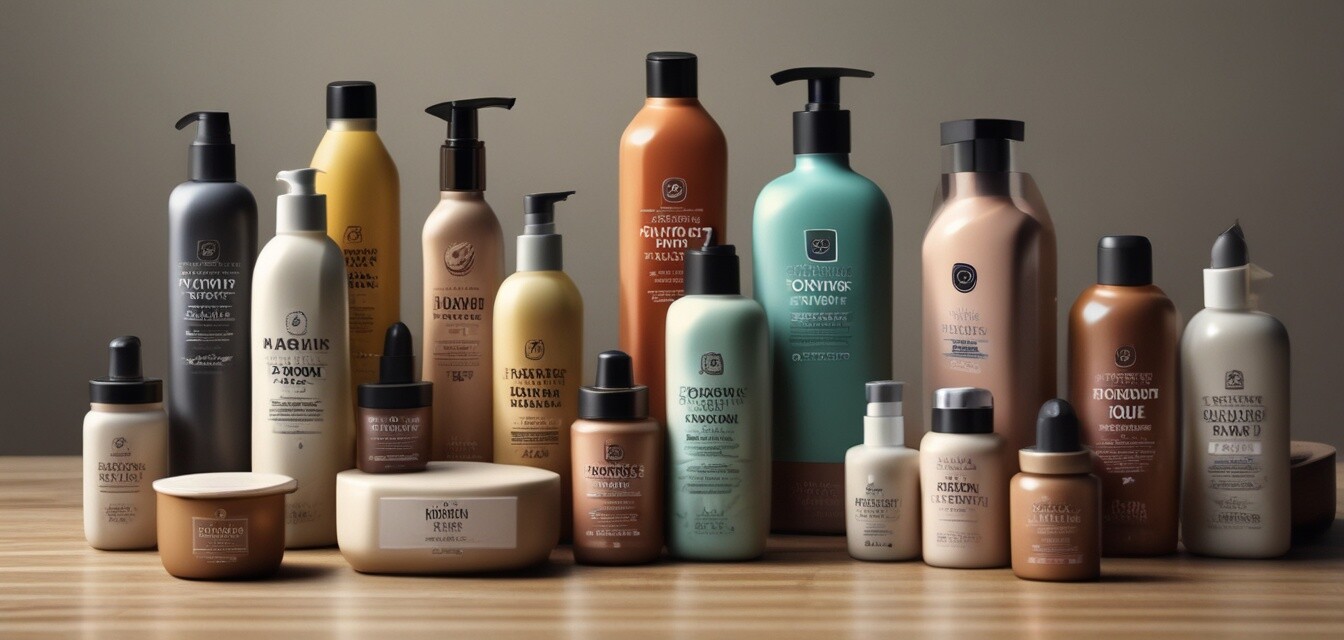
Herbal Supplements
Key Takeaways
- Herbal supplements are derived from plants and have been used for centuries in traditional medicine.
- They can support overall wellness when incorporated into a balanced lifestyle.
- Understanding the different types of herbal supplements can help you choose the right ones for your needs.
Herbal supplements are a popular choice for those looking to enhance their health naturally. From ancient remedies to modern formulations, these products offer a diverse range of benefits. In this article, we will explore various herbal supplements, their uses, and how they can fit into a healthy lifestyle.
What are herbal supplements?
Herbal supplements are products made from plants that can be used to support health and wellness. They can come in various forms, including capsules, powders, teas, and extracts. Often, these supplements are taken to complement a healthy diet and lifestyle.
Types of herbal supplements
There are numerous types of herbal supplements, each with its unique properties and uses. Here are some common categories:
| Type | Description | Common Uses |
|---|---|---|
| Aromatherapy | Utilizes essential oils from plants for therapeutic benefits. | Relaxation, mood enhancement, and stress relief. |
| Herbal teas | Infusions made from various herbs. | Hydration, calming effects, and digestive support. |
| Herbal extracts | Concentrated forms of herbs typically in liquid form. | Targeted health support based on the herb's properties. |
| Capsules and tablets | Convenient forms for daily supplementation. | General wellness and targeted health needs. |
Popular herbal supplements
Let’s take a look at some of the most popular herbal supplements and their general uses:
- Echinacea: Often used to support the immune system.
- Ginseng: Known for its potential energy-boosting properties.
- Turmeric: Contains curcumin, which is believed to have antioxidant properties.
- Ginger: Commonly used for digestive support.
- Garlic: Frequently taken for overall heart health.
Benefits of herbal supplements
While the benefits of herbal supplements can vary based on the type and individual needs, many users report positive effects when incorporating them into their wellness routine. Here are some potential benefits:
Pros
- Natural source of health support
- Wide variety of options available
- Can complement a healthy lifestyle
Cons
- Not regulated by the FDA as strictly as pharmaceuticals
- Possible interactions with medications
- Effects may vary from person to person
How to choose quality herbal supplements
When selecting herbal supplements, it’s essential to consider quality and source. Here are some tips:
Tips for Beginners
- Look for third-party testing for quality assurance.
- Research the brand's reputation and reviews.
- Check for transparency in sourcing and ingredient lists.
Incorporating herbal supplements into your routine
Adding herbal supplements to your daily regimen can be simple. Here are some ways to incorporate them:
- Start with one supplement to monitor effects.
- Pair herbal teas with meals for flavor and wellness.
- Use capsules as a convenient option for busy days.
Safety and considerations
While herbal supplements can be beneficial, it’s crucial to use them responsibly. Always consult with a healthcare professional before starting any new supplement, especially if you are pregnant, nursing, or taking medications.

Conclusion
Herbal supplements can be a valuable addition to your health and wellness routine. By understanding the different types and how to choose quality options, you can make informed decisions that align with your wellness goals. For more information on related topics, check out our Aromatherapy and Vitamins and Minerals pages.

Additional Resources
If you're interested in exploring more about natural health solutions, consider visiting our sections on Herbal Supplements and Superfoods.










